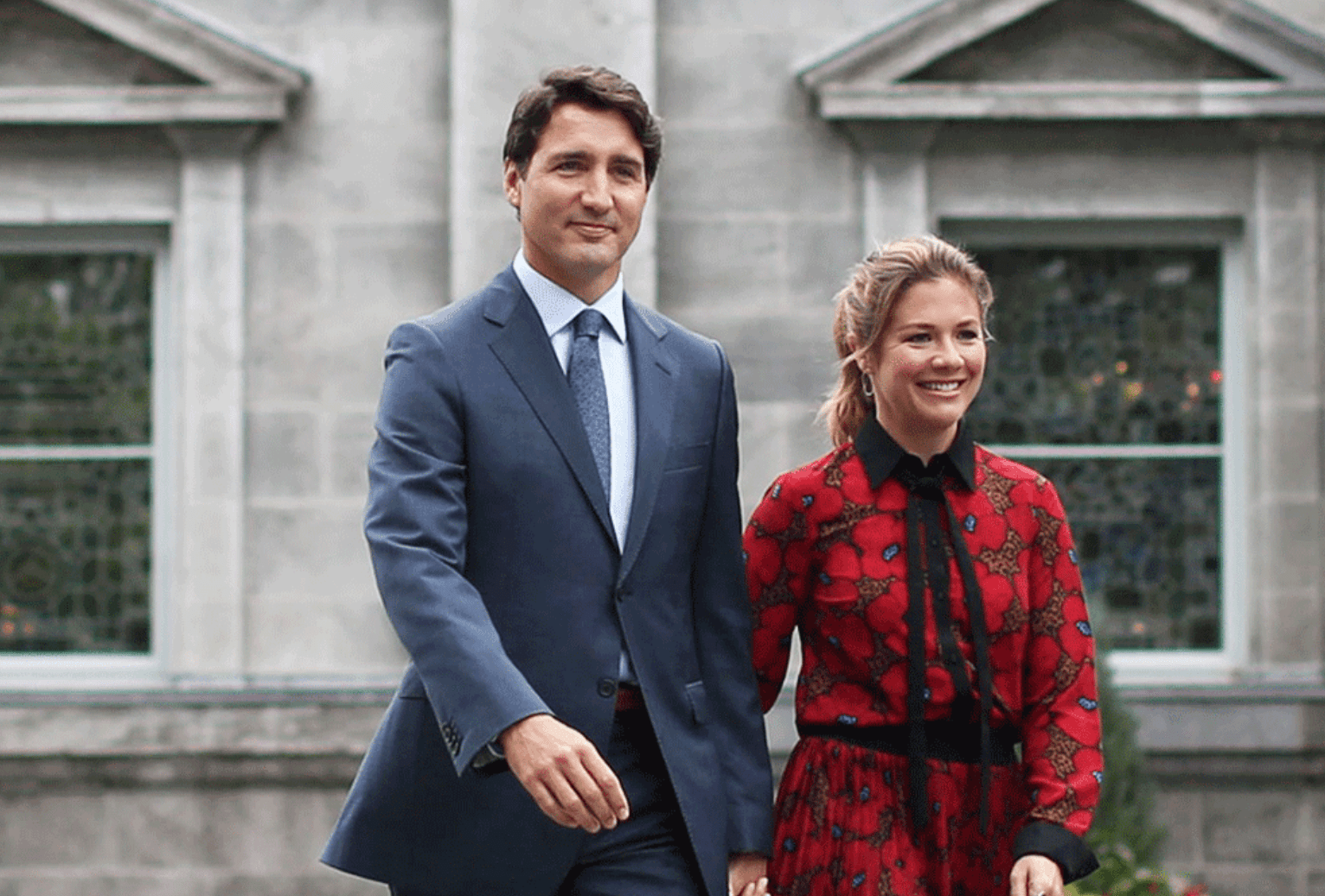In mid-March, the pandemic really started to spread in Canada and sanitary and emergency measures were being put in place by the different level of governments. A phenomenon started to occur as people rallied behind the different leaders, with approval rates shooting up to the sky, Quebec Premier François Legault leading in that regard with an approval rate that went up to 95% at one point.
These numbers also started to have an impact on voting intentions. Federally, in January and February, the Trudeau Liberals were polling at 32.8% on average, hitting a low of 26% in an Angus Reid survey conducted on February 28th. Meanwhile, the Conservative Party, with Andrew Scheer (still!) at the helm, averaged 32.1%. A pretty tight two-way race, with the Conservatives being in first place in half of these polls.
The winds started to change mid-March, partly because of the tone-deaf performances of leading conservative voices, partly because most of the political arena was occupied by Justin Trudeau, his ministers and officials, making a slew of announcements to counter the collateral economic damages caused by the pandemic and the governmental decisions to combat it.
Since then, the Federal Liberals are averaging 40.1% in the polls, while the Conservatives have fallen to 28.9%. On May 3rd, Léger pegged the lead of the LPC at 19 points over the CPC, 44 to 25, the largest recorded by any polling company in three years. Meanwhile, the NDP is hovering at the mid-teen point.
These surveys lead to rumours and speculations about the possibility of an early federal election, perhaps as soon as this fall. Has the path been drawn for Justin Trudeau?
His minority government has so far been quite stable, with two of the four opposition parties looking for a permanent leader. The NDP is certainly not chomping at the bit to go back to the polls and the Bloc Québécois is sitting at 30% in Quebec, which doesn't make it worth the gamble. Considering the economic crisis that is hitting the country and the state of Canada's public finances, will the political landscape improve with time?
The Liberal braintrust will assess the different electoral scenarios and may come to the conclusion that the most advantageous one, or certainly the least risky, is to seek a majority mandate from voters in the Fall, before too many Canadians start to forget why they are suffering from economic consequences and shift the blame to Trudeau himself. There are risks, though, as always in politics. An early election in the wake of a pandemic with a new Conservative leader surfing on a potential honeymoon with voters? Would voters line up to cast their ballot if there is no vaccine? The angry ones would, and they rarely vote for the incumbent government.
Despite Peter MacKay's bombastic call for an election as early as possible, it is unlikely that, even if he does indeed become the leader of the Official Opposition in August, he'll be able to convince both the NDP and the Bloc to bring down the government.
But it would give Prime Minister Trudeau a reason to visit the Governor General and call the election: political instability needs to be taken care of and the Liberals need a clear mandate so that Canada can face the economic challenges ahead.
Photo Credit: CBC News






